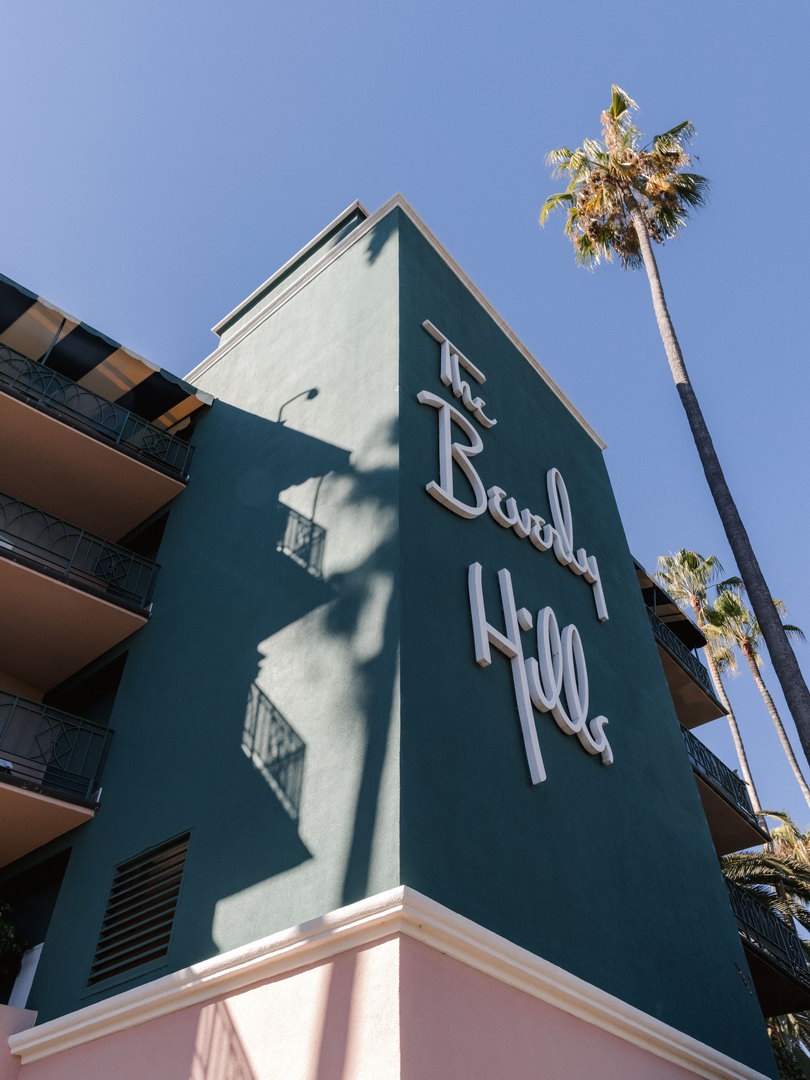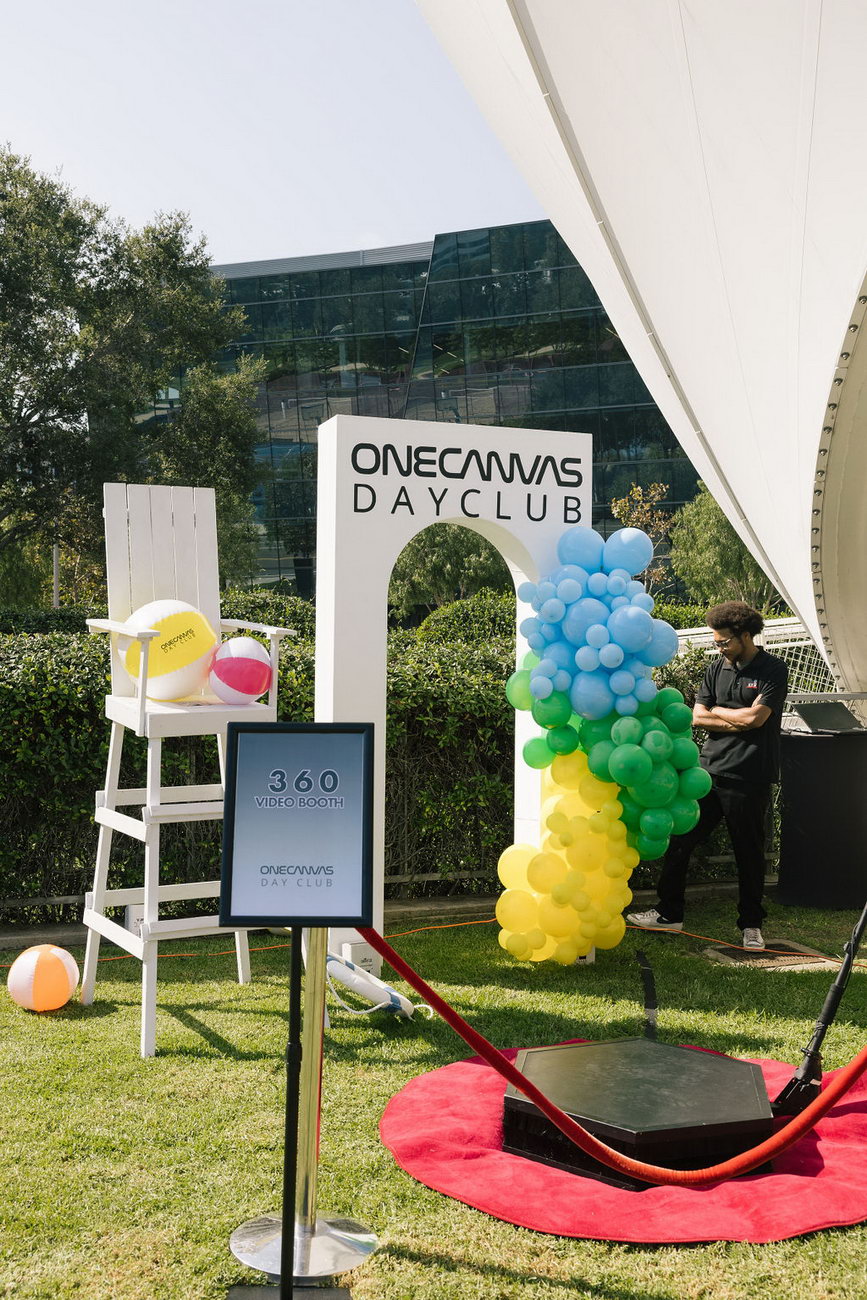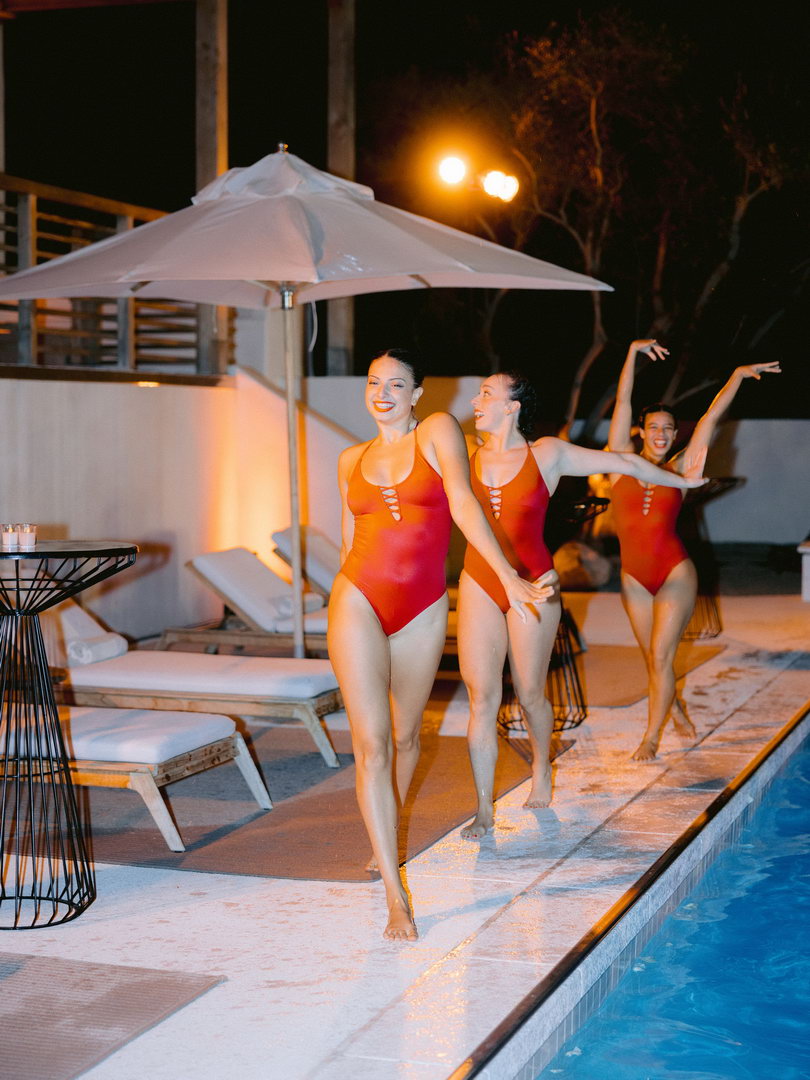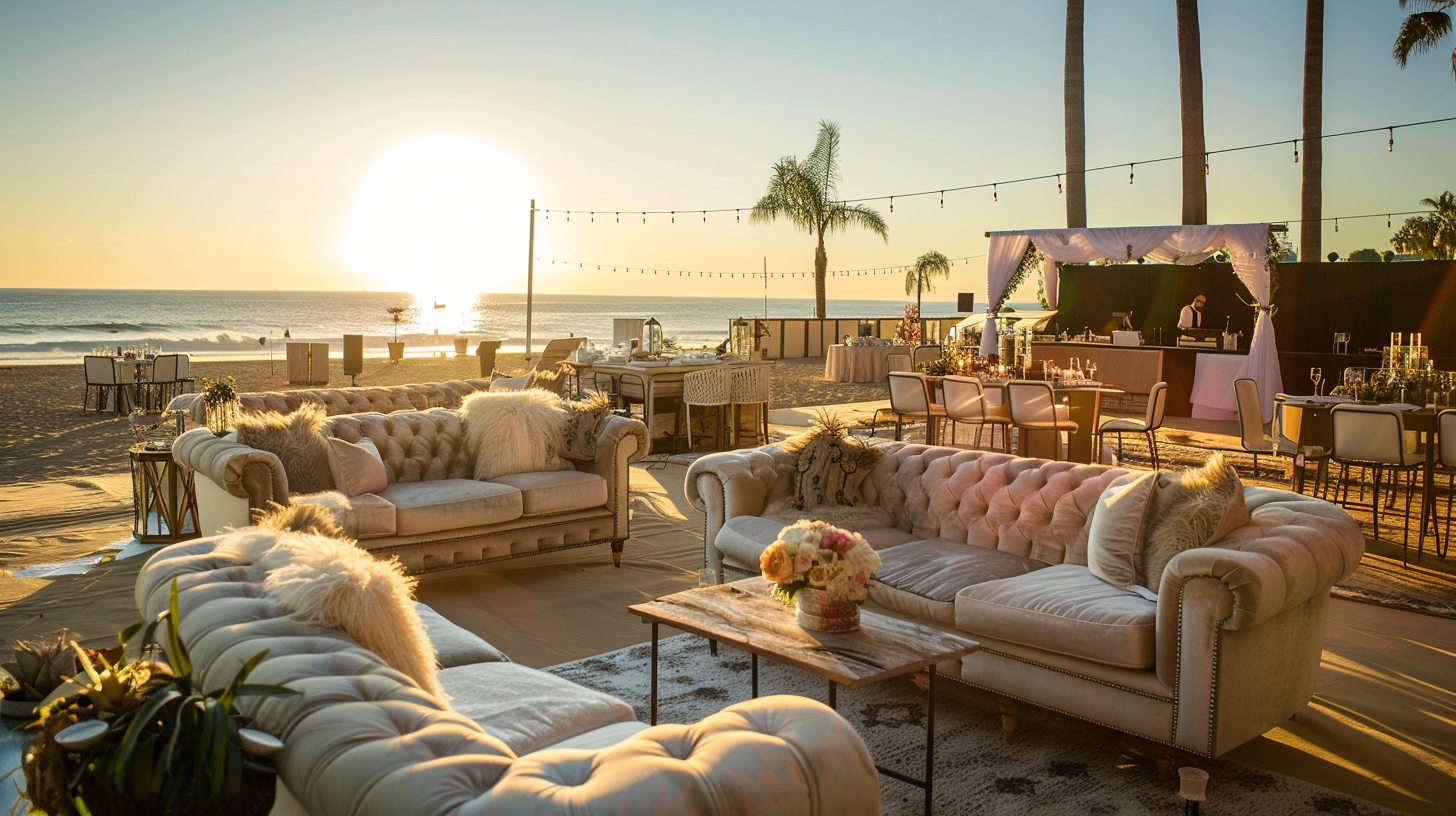Selecting the perfect venue is one of the most critical decisions in event planning.
Whether you’re organizing a wedding, corporate event, or private gathering, the venue sets the stage for everything that follows.
From creating the right atmosphere to providing necessary amenities, the right venue can make or break your event.
In this blog post, we’ll explore the key factors to consider when choosing an event venue, the impact of your choice on event success, and tips to streamline the selection process.
We’ll also share real-life examples from successful events to illustrate why meticulous venue selection is so important.
Budget Considerations
When selecting an event venue, your budget is often the most significant determining factor. It’s crucial to understand all the costs involved and ensure that the venue fits within your financial plan.
First, inquire about the venue’s rental fee and what this includes. Some venues offer package deals that encompass various services such as catering, AV equipment, and decoration. Others may charge separately for each, which can quickly add up. Understanding the full scope of potential expenses helps avoid any unwelcome surprises.
Second, consider other costs like security deposits, cleaning fees, and overtime charges. These additional expenses can strain your budget if not factored in from the beginning. Being transparent about your budget with potential venues can also help negotiate better terms and find cost-effective solutions.
Finally, balancing quality with affordability is key. While it might be tempting to cut costs, remember that skimping on the venue can compromise the overall experience of your event. It’s about finding a venue that offers value for money without sacrificing essential elements.
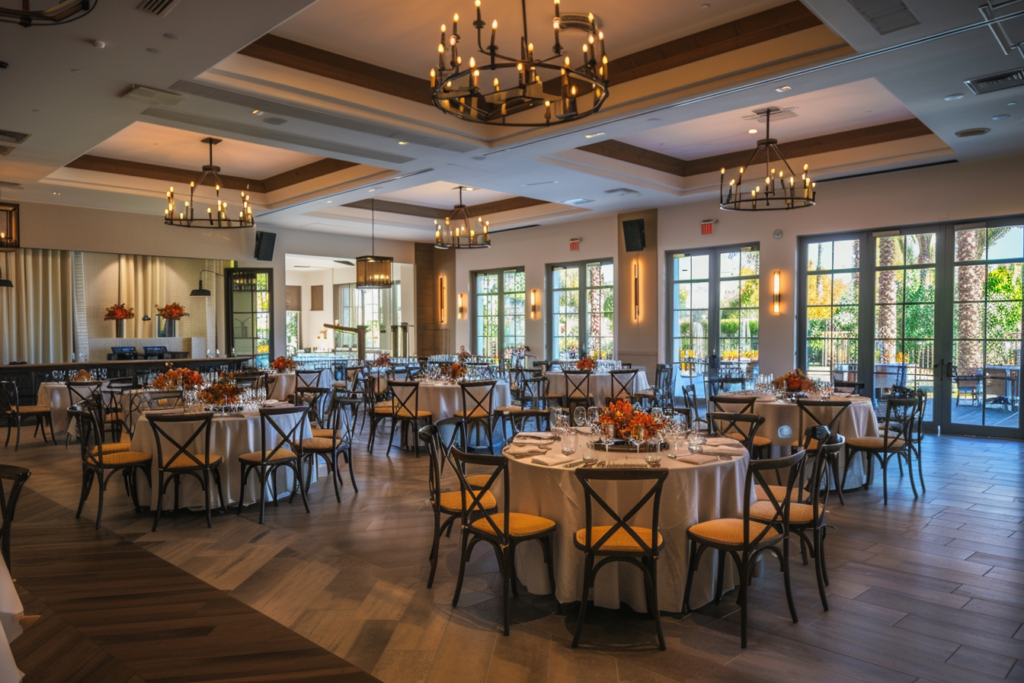
Location and Accessibility
The location of your venue significantly influences the convenience and attendance of your guests. A centrally located venue that’s easy to access ensures a higher turnout and a smoother experience for everyone involved.
Firstly, consider the proximity of the venue to major transportation hubs like airports, train stations, and highways. For attendees traveling from afar, convenient access can make a big difference. Additionally, if the event involves multiple sessions or activities spanning different locations, ensure these are within reasonable distance from each other.
Secondly, the availability of public transportation and the ease of finding the venue should be assessed. Venues near subway stations, bus stops, or with ample signage tend to be more accessible. Providing guests with clear directions and transportation options can also alleviate any travel-related stress.
Lastly, think about the surrounding area. A venue situated in a vibrant neighborhood with hotels, restaurants, and attractions can enhance the overall experience for your guests. Attendees who have a pleasant experience before and after your event are likely to have a more favorable impression overall.
Capacity and Layout
Understanding the capacity and layout of a potential venue is essential to ensure it meets the needs of your event. The space should comfortably accommodate your guest list while allowing room for activities and movement.
First, check the venue’s maximum capacity in both standing and seated arrangements. Be realistic about your guest count to avoid overcrowding or, conversely, renting a space that’s too large. A venue that’s too small can feel cramped, while one that’s too spacious can lack intimacy and energy.
Second, consider the layout and flexibility of the space. Venues with modular designs or movable partitions can adapt to various setups, whether it’s a theater-style seating for a conference or round tables for a gala dinner. The layout should facilitate smooth flow and accessibility for both guests and staff.
Lastly, account for additional spaces like breakout rooms, lounges, and outdoor areas. These can provide valuable flexibility, allowing for separate activities, networking opportunities, or simply a change of scenery. A versatile venue offers multiple options to enhance your event’s dynamics.
Amenities and Services
The amenities and services provided by a venue can significantly impact the smooth operation and success of your event. Access to essential facilities ensures your event runs efficiently and meets the expectations of your guests.
Firstly, inquire about the availability of audiovisual (AV) equipment, lighting, and sound systems. High-quality AV setups are crucial for presentations, performances, and overall ambiance. Ensure the venue has the technical capabilities to support your event’s needs and that staff are available to assist with setup and troubleshooting.
Secondly, consider catering options. Some venues offer in-house catering services, while others may require you to bring in external vendors. In-house catering can simplify logistics and ensure consistency in quality, but external vendors may offer more flexibility and variety. Discuss meal options, dietary restrictions, and service style to choose the best fit for your event.
Lastly, think about additional amenities such as Wi-Fi, parking, and accessibility features. Reliable internet access is essential for modern events, enabling attendees to stay connected and engage with digital content. Ample parking and accessibility features also ensure that all guests can attend comfortably and conveniently.
Ambiance and Aesthetics
The ambiance and aesthetics of a venue play a crucial role in setting the tone and atmosphere of your event. A visually appealing and well-designed space can leave a lasting impression on your guests and enhance their overall experience.
Firstly, consider the architecture and interior design of the venue. Look for spaces that align with the theme and style of your event. For a corporate event, modern and sleek designs may be more appropriate, while a wedding might call for a more romantic and elegant setting. Pay attention to details like lighting, color schemes, and decor elements.
Secondly, assess the venue’s natural surroundings. Venues with beautiful views, gardens, or waterfront locations can add a unique charm and create memorable backdrops for photos. Natural elements can also provide a refreshing and relaxing atmosphere, enhancing the overall ambiance of your event.
Lastly, think about customization options. Some venues offer flexibility in terms of decor and layout, allowing you to tailor the space to your specific vision. Personalized touches like branded signage, unique lighting, and thematic decorations can elevate the overall aesthetic and create a cohesive experience for your guests.
Parking and Transportation
Parking and transportation logistics are crucial considerations when selecting an event venue. Adequate parking facilities and convenient transportation options ensure that your guests can arrive and depart without hassle.
First, assess the availability and capacity of parking at the venue. Verify that there are enough spaces to accommodate your expected number of attendees, and consider options for overflow parking if needed. Venues with dedicated parking lots or valet services can offer added convenience for guests.
Second, consider public transportation options. Venues located near subway stations, bus stops, or with easy access to ride-sharing services can make it easier for guests to reach your event. Providing information about public transportation routes and schedules can also help attendees plan their travel.
Lastly, think about accessibility for guests with special needs. Ensure that the venue has accessible parking spaces, ramps, and other facilities to accommodate individuals with disabilities. Prioritizing accessibility demonstrates your commitment to inclusivity and ensures that all guests can enjoy your event comfortably.
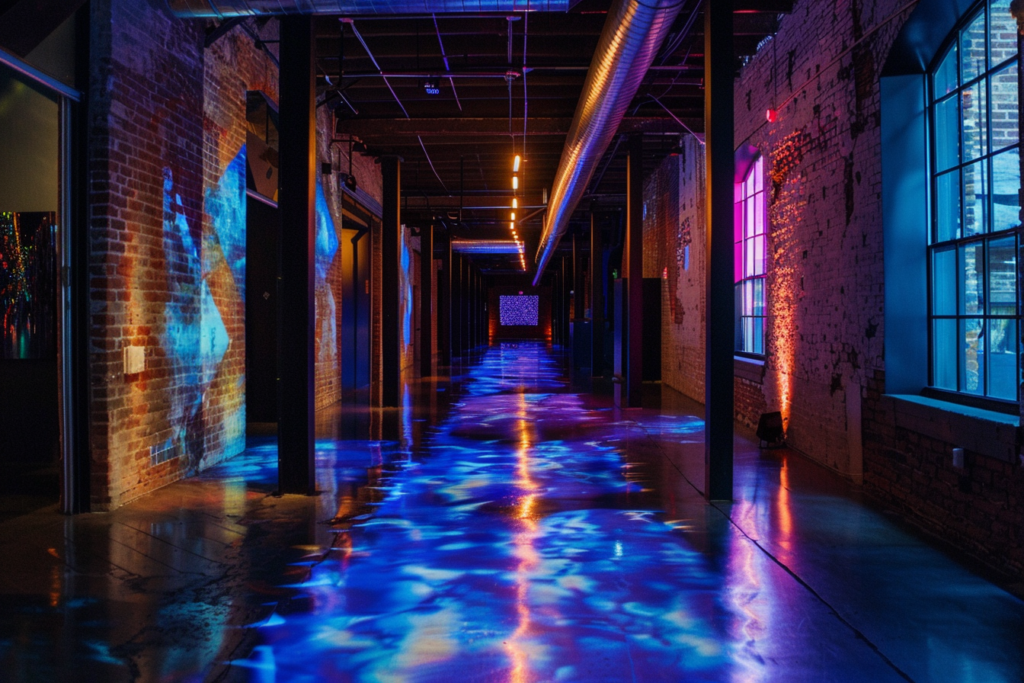
The Impact of Venue Selection on Event Success
The choice of venue can have a profound impact on the overall success of your event. From setting the right tone to facilitating smooth operations, the right venue can make all the difference.
Firstly, the venue’s ambiance and aesthetics contribute significantly to the overall atmosphere of the event. A well-chosen venue enhances the visual appeal and creates a positive first impression for your guests. Whether it’s a grand ballroom, a rustic barn, or a modern conference center, the venue sets the stage for the entire experience.
Secondly, the layout and amenities of the venue influence the flow and functionality of the event. A well-designed space with adequate seating, breakout rooms, and technical facilities ensures that all activities can proceed smoothly. The right amenities, such as high-quality AV equipment and reliable internet access, enhance the overall experience for both attendees and organizers.
Lastly, the location and accessibility of the venue impact attendance and guest satisfaction. A conveniently located venue with easy transportation options and ample parking encourages higher turnout and reduces travel-related stress for attendees. Ensuring that the venue is easily accessible to all guests demonstrates consideration for their needs and enhances their overall experience.
Tips for Streamlining the Venue Selection Process
Choosing the perfect venue can be a daunting task, but with the right approach, you can streamline the process and make informed decisions.
First, create a detailed venue requirement checklist. List all the essential criteria for your event, including capacity, layout, amenities, and budget. Having a comprehensive checklist ensures that you don’t overlook any important factors and helps you evaluate potential venues systematically.
Second, utilize technology and software for venue scouting. Online platforms and event planning tools can provide valuable information about available venues, including photos, reviews, and pricing. Virtual tours and 3D walkthroughs can also give you a better sense of the space without the need for physical visits.
Lastly, negotiate with venues for the best deals. Don’t be afraid to discuss pricing, packages, and additional services with venue managers. Negotiating can help you secure better rates and added value, such as complimentary services or discounts on additional bookings. Building a positive relationship with venue representatives can also lead to future benefits and collaborations.
Conclusion
Choosing the right event venue is a critical step in the planning process that can significantly impact the success of your event. By considering factors such as budget, location, capacity, amenities, and aesthetics, you can make informed decisions that enhance the overall experience for your guests. Remember that the venue sets the stage for your event, influencing its atmosphere, functionality, and guest satisfaction.
To ensure a seamless and successful event, take advantage of the tools and resources available for venue scouting, create a detailed requirement checklist, and don’t hesitate to negotiate with venues for the best deals. Learning from real-life examples of successful events can also provide valuable insights and inspiration.
For those looking to create unforgettable and meticulously planned events, Dreams in Detail offers expertise and dedication that goes above and beyond. Contact us for a complimentary consultation, and let us help you find the perfect venue for your next event.

